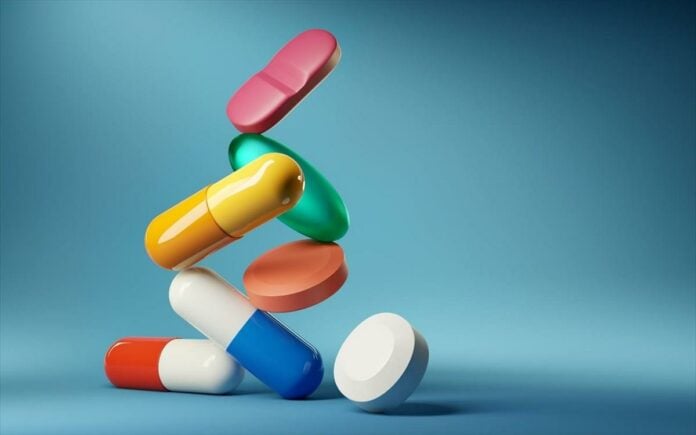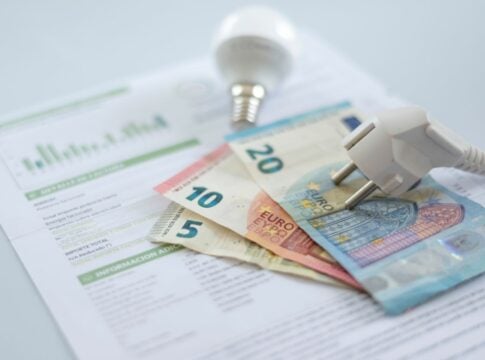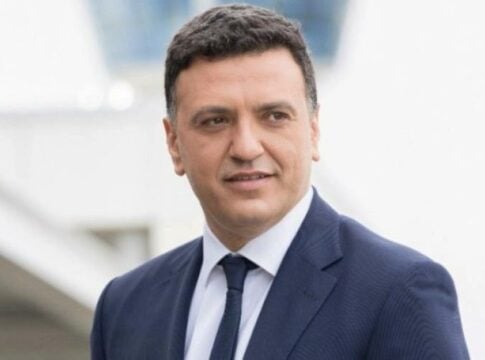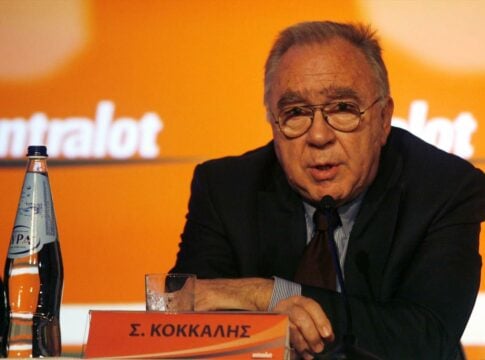The financial footprint of the pharmaceutical industry in the Greek economy and its overall contribution in terms of GDP is estimated at 6.5 billion euros (3.2% of GDP) in 2022, according to the latest IOBE survey.
For every 1 euro of added value of companies active in the pharmaceutical sector, the contribution to the Greek economy amounts to 2.3 euros.
In terms of employment, the total contribution is estimated at 118.9 thousand jobs (or 2.9% of total employment). That is, each pharmaceutical job supports 3.4 full-time jobs in the economy as a whole.
Finally, the impact on tax revenues from the activity of the pharmaceutical sector is estimated at approximately 1.8 billion euros.
Funding is insufficient
IOBE also highlighted the important challenges such as the gap in the financing of pharmaceutical expenditure, which originates from the period of the economic crisis and the imposition of fiscal measures and results in less pharmaceutical innovation reaching Greek patients, as out of the 167 new medicines approved during the period 2019–2022, only 79 (47%) were provided in Greece, while only 43 of them are currently widely available on the Greek market.
In the area of expenditure on pharmaceutical coverage, the total pharmaceutical expenditure stood at 6.2 billion euros in 2022, compared to 5.6 billion euros in 2021, while it is estimated that the expenditure amounted to 7.1 billion euros in 2023. Public spending reached 2.7 billion euros in 2022, with an estimate of 2.8 billion euros in 2023, while the share of the pharmaceutical industry in pharmaceutical spending increased to 2.9 billion euros in 2022, and it is estimated that it will reach 3.5 billion euros in 2023.
In the last two years, the participation of pharmaceuticals in the expenditure exceeds public funding.
From 2022, the state redistributed the expenditure to the three distribution channels, resulting in an unequal redistribution of mandatory reimbursements, especially in hospital drugs and high cost medicines. For hospital drugs, the percentage of reimbursements in 2022 reached 70%, while for 2023 it is estimated at 80%. At the same time, patient participation increased to 698 million euros in 2022 and to 734 million euros in 2023.
Expenditures affected by demographic developments
Health and medicine expenditures, in addition to financing, are also influenced by demographics and the health status of citizens. Life expectancy in Greece returned to 81.6 years in 2023, after the reduction due to the pandemic, approaching the EU27 average.














